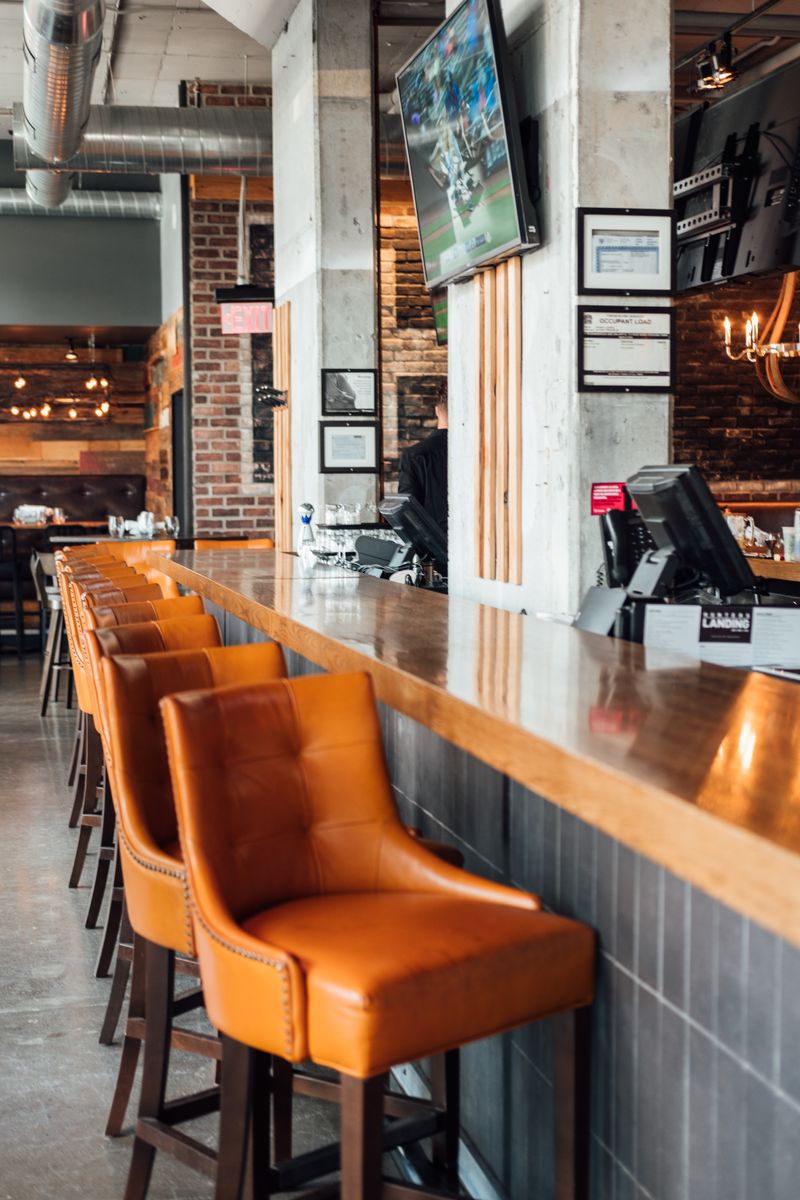Wilko Announces Closure of 52 Stores, Leading to Job Losses and Uncertainty for Remaining Branches
Introduction
The administrators of retail store Wilko have released a list of the 52 branches which are set to close permanently next week. These closures are expected to result in the loss of 1,016 jobs. The announcement comes after Wilko entered administration last month, putting over 400 stores and 12,500 jobs at risk. The closure of these stores will not only impact the dedicated employees who have served them, but also the communities they are a part of.
Impact on Jobs and Communities
The closure of stores and subsequent job losses is a devastating blow to both the affected employees and the local communities they served. Losing over 1,000 retail jobs will undoubtedly have a significant economic impact, particularly at a time when many sectors are already struggling due to changing consumer behavior and the COVID-19 pandemic.
Wilko has been a familiar presence on high streets for many years, and its closure will leave a noticeable void in the retail landscape. The loss of these stores may also have a knock-on effect on other local businesses that relied on the footfall generated by Wilko‘s presence.
The Uncertain Future
While the closure of these 52 stores is unfortunate, it is worth noting that the future of Wilko‘s remaining 300 branches and thousands of jobs is still uncertain. The administrators have stated that they have received no viable offers for the entire business, and as a result, store closures and job redundancies have become necessary.
The remaining branches and their employees may be anxiously waiting for news on their fate, uncertain of whether their stores will be able to weather these challenging times. It is crucial that efforts are made to support these businesses and the individuals who depend on them for their livelihoods, as the impact of losing more stores and jobs would be detrimental to the affected communities.
Company Statement and CEO’s Perspective
Edward Williams, joint administrator at PwC, expressed gratitude for the support of Wilko‘s team members during this difficult period. He assured that efforts would be made to assist affected staff by helping them process redundancy claims and working with relevant parties to secure new employment as quickly as possible.
Wilko‘s CEO, Mark Jackson, expressed regret over the company’s entry into administration but emphasized the need to take necessary steps to stabilize the business and restore confidence. He highlighted the extensive efforts made to explore options and preserve the remarkable legacy of the company. However, despite these efforts, the difficult decision to close stores and reduce jobs became unavoidable.
The Changing Retail Landscape
The closure of Wilko stores and the challenges faced by the company reflect a broader trend in the retail industry. The rise of online shopping, changing consumer preferences, and the impact of the COVID-19 pandemic have all contributed to a decline in traditional brick-and-mortar stores.
Retailers, both large and small, are facing increasing pressure to adapt their business models to survive in this rapidly evolving landscape. The need for innovative strategies, strong online presence, and seamless omnichannel experiences has become more crucial than ever.
Editorial and Advice
The closure of 52 Wilko stores and the subsequent job losses serve as a reminder of the fragility of the retail industry. It is a call to action for both retailers and policymakers to address the challenges faced by traditional brick-and-mortar stores in an increasingly digital world.
For retailers, it is crucial to invest in digital transformation, ensuring they have a strong online presence and creating seamless experiences that bridge the gap between online and offline shopping. Strategies such as click-and-collect, personalized recommendations, and immersive in-store experiences can help attract and retain customers in this competitive landscape.
Policymakers must also recognize the importance of supporting and revitalizing local communities affected by store closures. Initiatives that encourage entrepreneurship, provide retraining opportunities, and foster innovation in high streets can contribute to the revival of struggling areas.
Furthermore, consumers can make a difference by consciously supporting local businesses and shopping with a sense of community spirit. By choosing to shop at local stores, consumers can contribute to the sustainability and vibrancy of their neighborhoods.
In conclusion, the closure of 52 Wilko stores and the subsequent job losses are a stark reminder of the challenges faced by traditional retailers in today’s digital world. It is crucial that all stakeholders, including retailers, policymakers, and consumers, work together to support the industry, foster innovation, and create vibrant communities where local businesses can thrive.

<< photo by Joaquin Carfagna >>
The image is for illustrative purposes only and does not depict the actual situation.
You might want to read !
- ED Speaking of Manchester City’s pursuits in the transfer market, it seems they are leading the chase for the talented young midfielder Evan. The football rumour mill is in full swing, and there’s plenty to discuss. So, let’s dive in and explore the latest developments surrounding Manchester City and their potential acquisition of Evan.
Title: Manchester City’s Pursuit of Evan: Leading the Race in the Transfer Market
- Tragedy Strikes on the Cleddau Bridge: Fatal Bus Crash Leaves One Dead and Multiple Passengers Injured
- Far-Right Leader Enrique Tarrio Sentenced to 22 Years for Involvement in Capitol Riot
- Cricket Clash in Lahore: Pakistan vs. Bangladesh Battle it Out in the Asia Cup 2023
- Glasgow Airport Terror Manhunt: Delays and Police Pursuit of Suspect Daniel…
- UK Authorities Launch Manhunt for Former Soldier Daniel Khalife Following Wandsworth Incident
- Editorial Exploration: Analyzing the Availability of Stores on Labor Day 2023
Article Title: Labor Day 2023 Store Openings: A Comprehensive Guide to Available Retailers and Operating Hours in the US
- RAAC: Restructuring Primary Academy to Enhance Early Years Education
- Navigating Ryanair’s Flight Cancellations: A Guide to Refunds and Rebooking
- Escape from the Flames: The Urgent Flight from Canada’s Kelowna Wildfires
- The Failed Fright: Disappointing Horror in The Texas Chain Saw Massacre Game
- UK Battling Storm Betty: The Wrath of Wind and Rain
- The Invasion of the Asian Hornets: Identifying the Threat and Reporting to Authorities
- Asian Hornet Invasion Threatens British Bees: A Looming Ecological Catastrophe
- “Cher’s Astonishing Age Revelation Leaves GMB Viewers in Disbelief”
- “We Were Lazy!” The Rolling Stones Rediscover their Musical Zeal with a New Original Album
- “Pakistan Dominates Bangladesh in Asia Cup 2023 Super 4 Clash: Live Score Updates”




